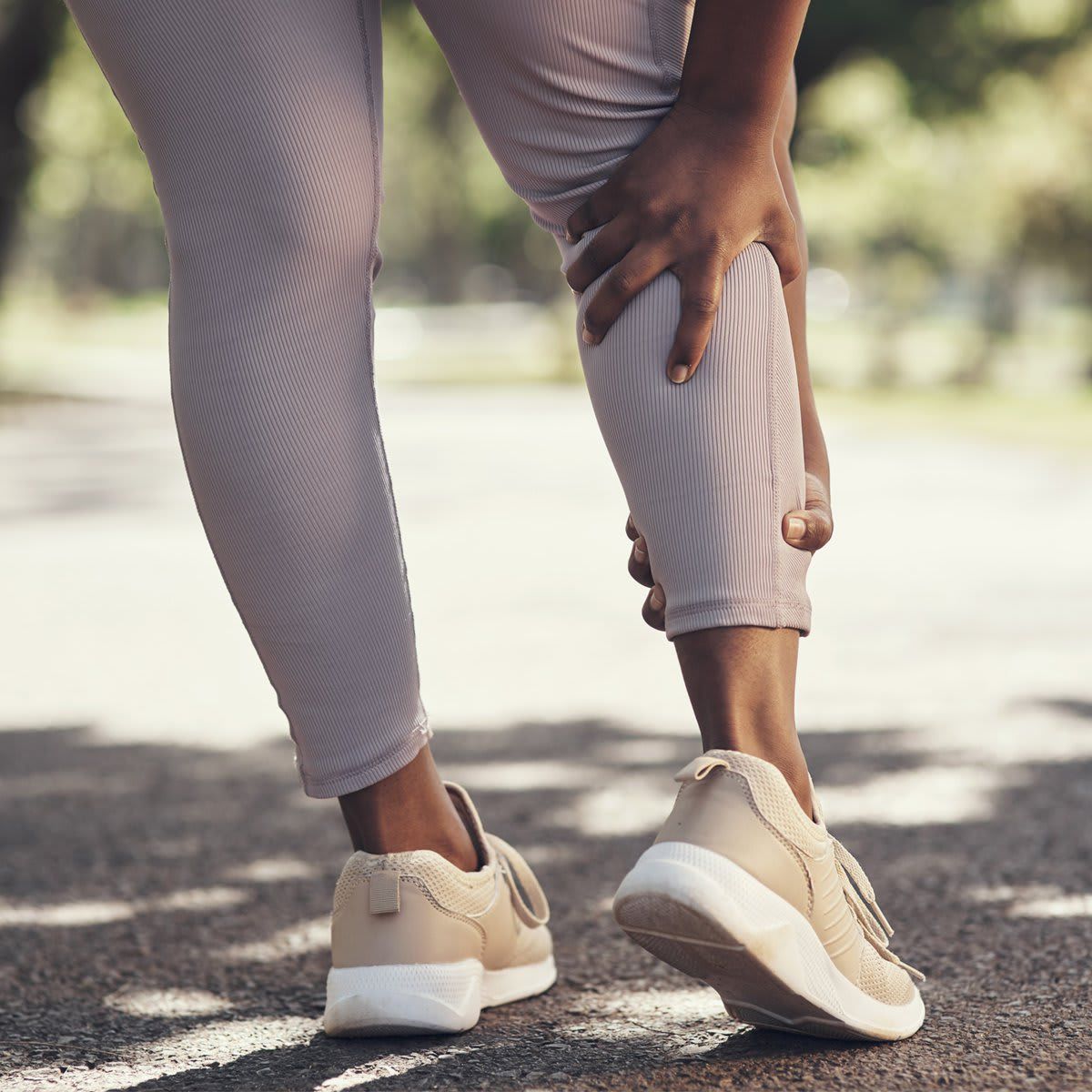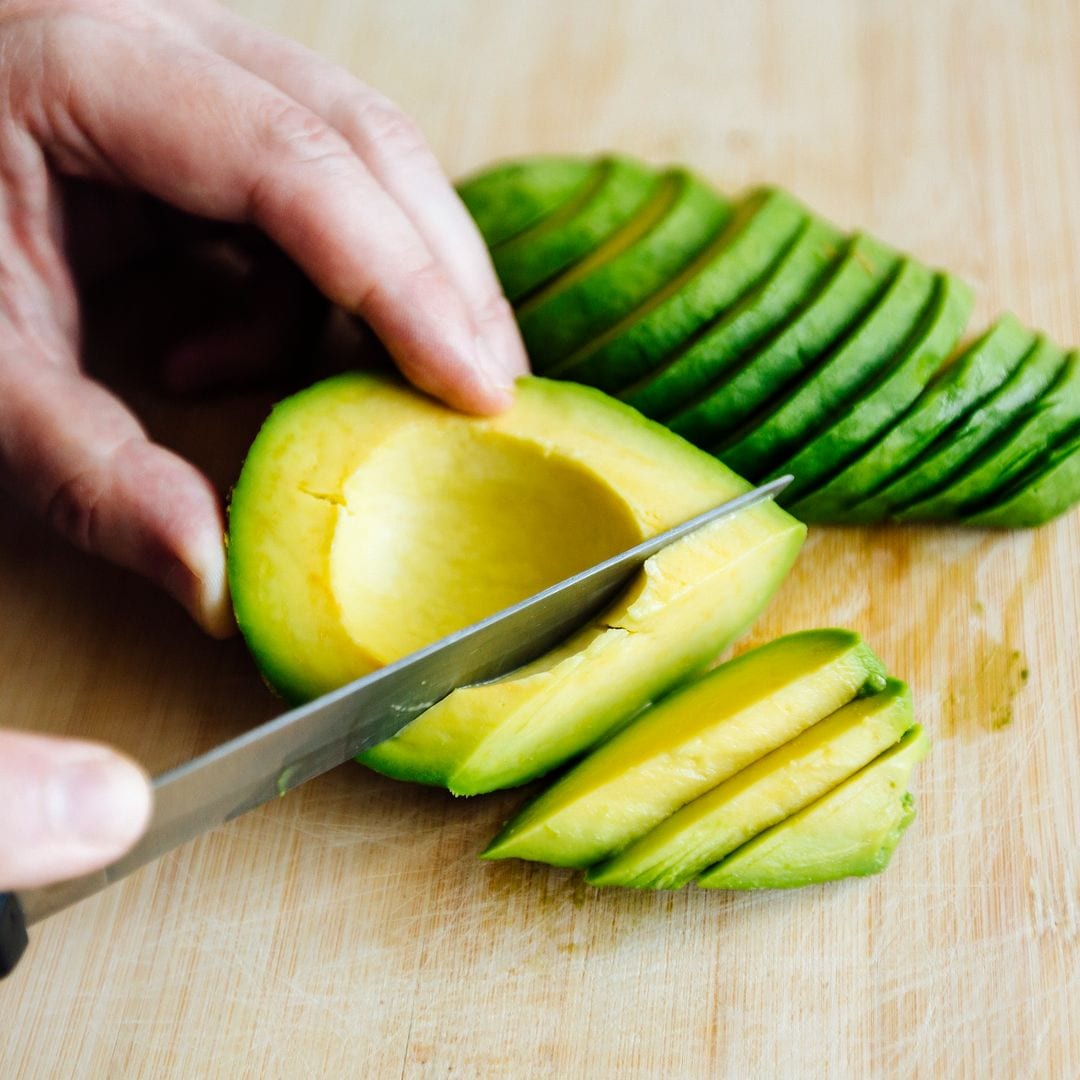Leg cramps are very common, and probably you have experienced them many times, even while you’re asleep! We can all agree that they can be absolutely the worst, but do you know why they occur in the first place?
According to Dr. Vikki Petersen, certified clinical nutritionist, chiropractor, and certified functional medicine practitioner, these involuntary contractions are more common among a particular group of people. “A muscle cramp, or charley horse, is an involuntary contraction of a muscle that can be sudden and painful. It can last from a few seconds to several minutes,” Dr. Petersen said.
“Often muscle cramps occur during rest and can awaken you due to the pain and spasming of the muscle affected, often in your legs or feet. Muscle cramps can affect many but most commonly are seen in athletes, those who are obese, infants, pregnant women, and the elderly,” the expert added.
There are six reasons why you might be experiencing frequent leg cramps, and Dr. Vikki Petersen shares them all with HOLA! USA.
Dehydration or low water intake
- Insufficient water will cause your muscles to cramp. Whether due to exercise, environmental heat, or simply failure to consume adequate fluids, muscle cramps can be the result. The solution is to drink a minimum of 8 glasses (8 ounces each) of purified water throughout the day. Try not to exceed 1 cup per hour and stop water 2 to 3 hours before bed to avoid unnecessary bathroom visits during the night.
Tight muscles
- Failing to be active or stretch after you walk or work out can cause your muscles to cramp. Getting moderate exercise for at least 30 to 40 minutes per day will assist with this. Similarly, you must stretch after exercising. You will benefit from the effort you just put in to strengthen your muscles while avoiding annoying muscle cramps.
Depleted electrolytes including potassium and calcium
- For your muscles to smoothly contract, a balance of potassium and calcium in your blood must exist. If you have lost normal levels of these minerals, muscle spasms can result. Daily, consuming 7 to 9 servings of fruits and vegetables should help keep your mineral levels balanced. For hot days or when working out excessively, you can supplement with no sugar electrolyte packs.
Low Sodium Levels
- We tend to vilify salt, believing it will cause high blood pressure and heart disease. While it is absolutely true that salt-sensitive individuals will have their blood pressure affected, plenty of people (the majority) are not negatively affected by salt. And, in fact, a very low sodium diet can be dangerous for these individuals. Low sodium can cause painful muscle spasms, but it increases stress hormones and a higher mortality rate.
Aging
- With age can come decreased muscle mass which can lead to muscle cramps. It is vital to ensure that once you reach age 60 and above, you exercise regularly and consume adequate amounts of healthy (mostly plant-based) protein. These measures will help to protect your muscle mass.
Low thyroid
- If you suffer from muscle cramps, ensure your thyroid has been checked and functioning optimally. Get advice from a functional medicine or alternative medicine practitioner because we work to maintain the ideal, optimal functioning of this vital gland.
,type=downsize)






